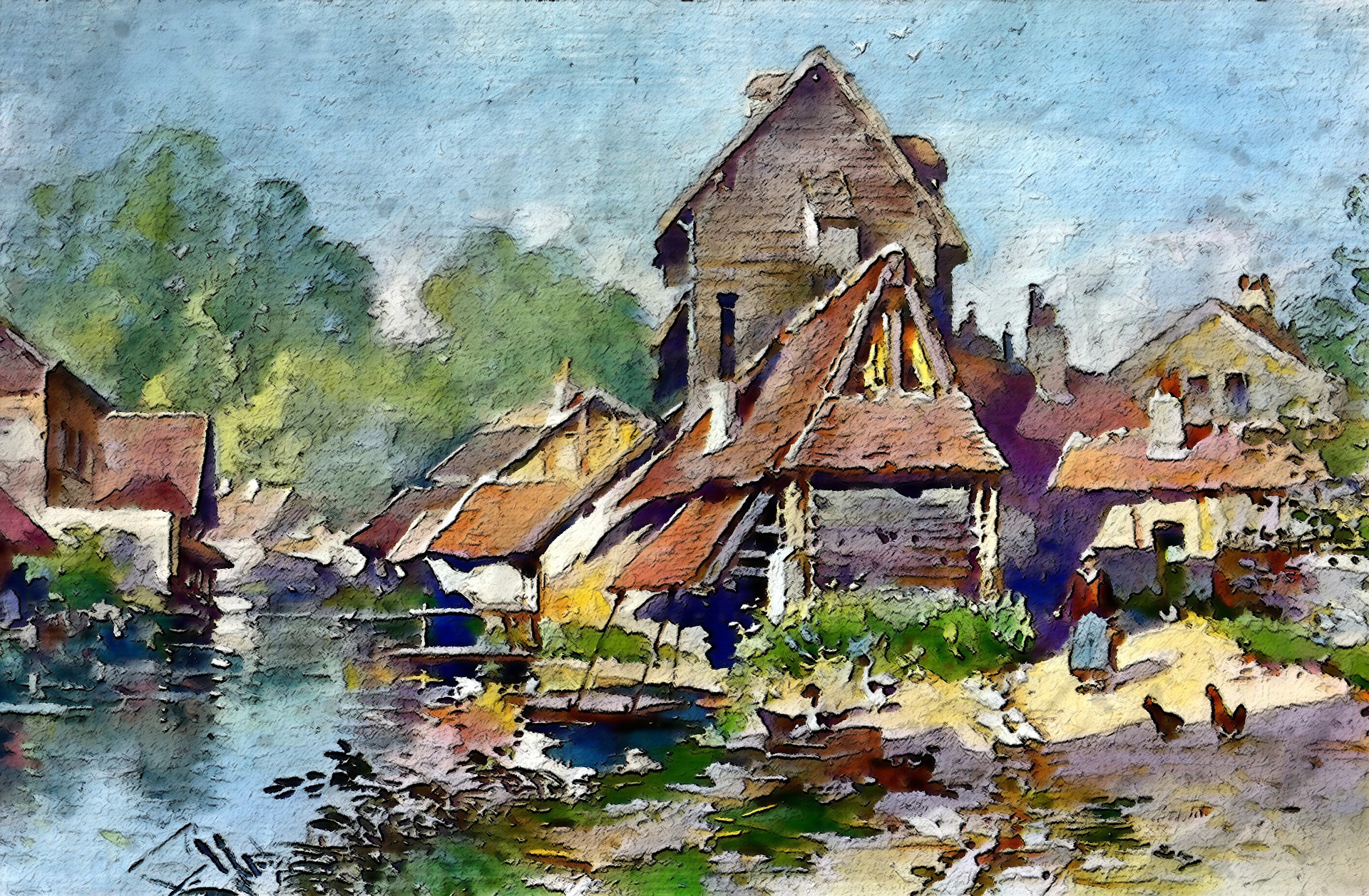Saying that I grew up Toco is, and always was, a fact about me that I disclose with pride. I am quite sure this is a shared sentiment by many other persons with early life country grooming that have had to adapt to urban life for a variety of reasons. I think deep down, some self-endowed clout comes from being able to experience the best of both worlds. Effectively functioning in the “bright lights” of urban living while having the personal traits that came with early life country grooming in your back pocket is truly something to be proud of.
But what makes us really feel like we have an edge anyway? There is a natural expectation of depth that comes with disclosing that you’re from country. This expectation encompasses the elements of a humble nature, easy-going, good values, decent manners, general courtesy, kindness, good sense of humor, and last but not least, exceptional culinary skills. Depth in this case does not necessarily mean deep thinker although there are many. It means that who we are as a people is a resplendent complexity on its own.
“Could I have passed Nen quito quite up the hill and not shout good morning because she was too far? Me? Not in Toco.”
I remember when I started secondary school in Sangre Grande, I was literally parched from telling every single human I saw “good morning” by the time my morning commute ended. There were just so many people! This carried on until I was told by my aunt that I didn’t have to tell every single person good morning. Then the next dilemma came, how on earth do I choose!? When I lived in Toco, do you think I could have taken God out of my thoughts and passed by Mr Custa’s house on the way to the shop and not say good morning? Could I have assumed he was not seeing me and forego the mandatory salutation? Could I have passed Nen quito quite up the hill and not shout good morning because she was too far? Me? Not in Toco. Respect for elders, kindness, and courtesy were not only taught, expected and enforced, they were exemplified.
At four years old, I had a growing addiction to Chubby and Joe Gum. When Granny eventually said no more of that the nearby shopkeeper, Mr Prince, was informed that I was not to be sold those items. Can you imagine the one time I asked Nadia, my nine-year-old friend, to get me a Joe Gum my Granny still found out? To this day I still don’t know how. Spies everywhere! Even Aunty Marian at the shop near the Toco Secondary School was also told at some point to stop selling me salted prunes. The active involvement of persons in the community in my upbringing in one way or another continued because it was encouraged by my Granny and, by extension, my family. The concept of “it takes a village” was a norm. Be your brother’s keeper.
What about falling down into the drain at the side of the culvert that I was repeatedly told not to walk on, or being chased by a cow on the way home from the shop!? I wasn’t coddled after these incidents, but instead, I was taught to put certain emotions into the right context. I was taught that all actions have consequences and life can get crappy sometimes. I learned to laugh at yourself and don’t take life too serious. While I do believe at some point these values that underpin my experiences were natural elements that blossomed in all facets of society, country life has allowed for its preservation to some extent. Urbanized culture with all its distractions has led to a shifting of focus. Enforcing good values or teaching children how to simply be kind is sadly the cost for the hurried urban lifestyle. Or maybe, they are replaced with different values as life paints a picture of scarcity and survival for others, who knows? Reasons for this denigration are both complex and beyond my scope of basic analysis.
My thoughts are that general interaction with a country person lends for “good vibes,” whether they still reside there fully or life has taken them to a different geographical space. Personal traits developed as a result of our environment in our formative years makes us different in the most basic ways. It is a reminder of how we were all meant to live, with respect, love, lots of food, and laughter. The natural process of evolution that the world must take will erode many of the factors that shield our country areas. New things will now compete for the energies that were once invested in fundamental values in years gone by. Socio-economic progression threatens the uncomplicated way of life. I do, however, believe that if we truly value what we bring to society, if we recognize the positive impact of our simple manner during our daily interaction with others, we would find new and creative ways to maintain those values at the core of our required new way of living and being.
What the country instills in us will always have a place in the balance. Protect it fiercely!






Be First to Comment